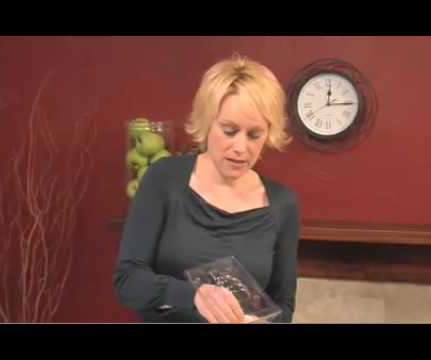Aquaculture becomes a net-positive
GreenBiz
FEBRUARY 22, 2021
Now, a wave of technology innovation and funding from an eclectic group of companies ranging from Google’s parent Alphabet, to the Seed2Growth fund linked to Lukas Walton (grandson of Walmart founder Sam Walton), to Cargill and Chevron Ventures (both focused on fish-feed ventures) is changing the tide again. Among the emerging U.S.















Let's personalize your content